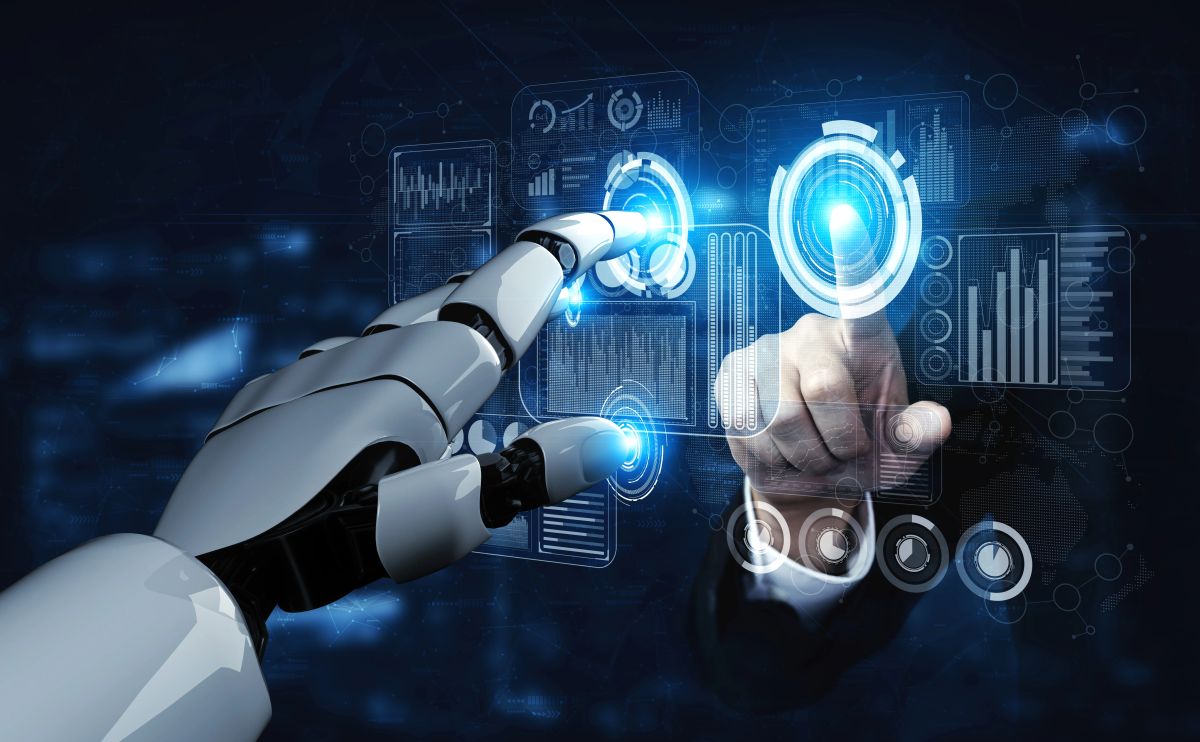In contrast, “human intelligence is not primarily about completing functional tasks but about understanding and actively engaging with reality in all its dimensions; it is also capable of surprising insights. Since AI lacks the richness of corporeality, relationality, and the openness of the human heart to truth and goodness, its capacities — though seemingly limitless — are incomparable with the human ability to grasp reality.”
AI is itself a product of human intelligence, not an equal or superior form of intelligence, the document stresses.
AI and society
The document points out several potential pitfalls of AI development, such as a possibility of disruption to the labor force; a weakening of face-to-face human relationships; a degrading of privacy as new AI surveillance systems are developed; an introduction of inaccurate or biased information in the context of education, media, or society at large; and even, as the Vatican has repeatedly warned, the possibility of the deployment of AI in warfare that has the power to directly take lives.
In the face of these potential challenges, the document calls for a strong ethical framework to guide the development and deployment of AI, guided by the principles of Catholic social teaching. Overarchingly, AI development must always respect and promote the intrinsic dignity of every human being.
The document stresses that in contrast to a “functionalist” viewing of AI that is heavily focused on the AI’s abilities, the worth and dignity of a person, in contrast, are based on their being created in the image of God, not on their cognitive abilities or technological achievements. AI development must respect this fact and promote the intrinsic dignity of every human being, regardless of their condition, the prefects wrote.
Further, the perfects note that AI should be used to serve the common good, promote integral human development, and not just be used for individual or corporate gain. It should as much as possible be used to reduce inequality and not reinforce existing power imbalances, they wrote.
The prefects continued by saying that AI systems cannot be allowed to run amok without human oversight; humans, as moral agents, bear responsibility for the design, purpose, and consequences of AI systems. And in keeping with the Catholic concept of subsidiarity, decision-making related to AI should be decentralized and involve various levels of society, allowing for a broad spectrum of input, the prefects wrote.
The development of AI should spur us to “a renewed appreciation of all that is human,” perhaps by a renewed interest in the study of the humanities, the document continues.
True wisdom
